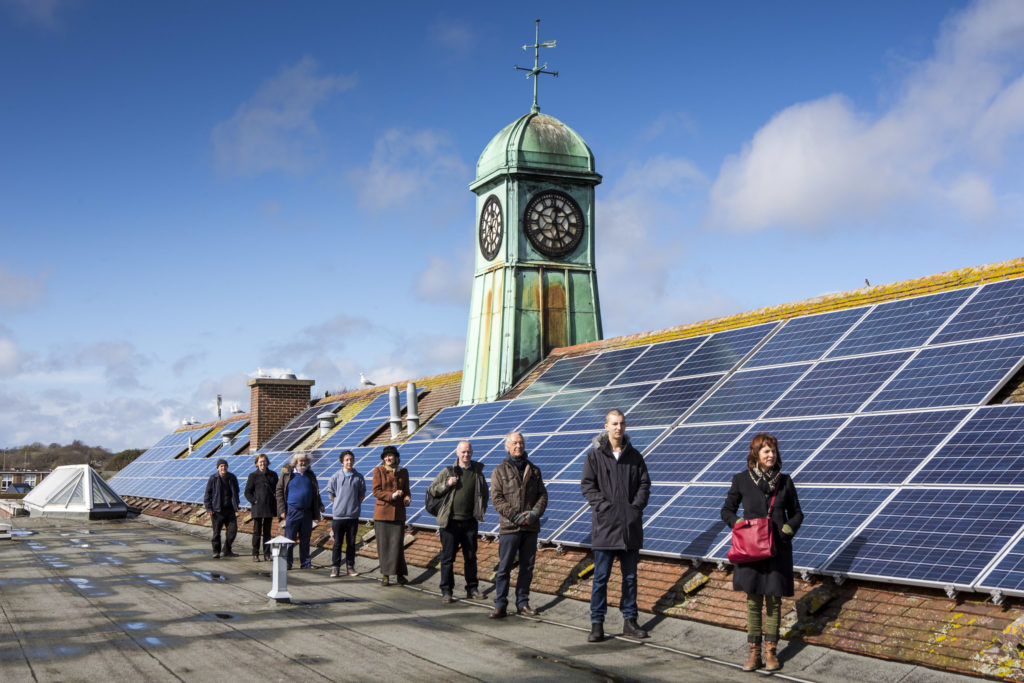Introduction
Local authorities are directly accountable to their residents for their decisions and are better placed to take swift action than national officials. The UK’s Net Zero Strategy (November 2021) recognises that devolved and local government play an essential role in meeting net zero ambitions and acknowledges that many places have already made great strides towards this goal. Local government also has a part to play in ensuring that the process of decarbonising is fair to all, in line with the UK’s Levelling Up Strategy (February 2022). This strategy includes commitments to reduce inequality, with goals of improving well-being in every part of the UK and narrowing the gap in Health Life Expectancy between different areas.
Devolved and local government play an essential role in meeting national net zero ambitions. Across the UK many places have already made great strides towards our zero-carbon future, having set their own targets and strategies for meeting local net zero goals. Taking a place-based approach to zero-carbon is also vital to ensuring that the opportunities from the transition support the government’s Levelling Up agenda.
How does citizen engagement drive action on climate change?

To avoid climate change, we must radically cut carbon emissions – 80% of which are created by cities. Convincing residents they can benefit from climate action is key to creating change.
Local authorities have powers in relation to planning, transport and skills; these vary depending on the type of authority. In England, there are ten combined authorities that have actively progressing devolution deals, of which nine have elected a Metro Mayor. Separate to these, London also has an elected mayor and a combined authority in the form of the GLA.
In addition to their formal powers, local leaders can have enormous influence using their democratic legitimacy, leadership skills and negotiation to achieve outcomes beyond what can be achieved solely through their own legal powers and duties.
In December 2020, the Committee on Climate Change published ‘Local Authorities and the Sixth Carbon Budget’. The report recognises the role of cities and local authorities in achieving net zero but also recognises that local authorities face gaps in powers and funding barriers.
“As of October 2020, over 300 local authorities had declared climate emergencies and many are now in the process of developing plans to deliver against ambitious zero-carbon targets. Local authorities have a range of existing levers that can be used to deliver local action that reduces emissions and prepares local areas for a changing climate. However, these levers alone are unlikely to be sufficient to deliver local authorities’ climate ambitions, due to gaps in powers, policy and funding barriers, and a lack of capacity and skills at a local level. Additionally, without some level of coordination from Government, the UK risks pursuing a fragmented strategy towards its climate targets.”

Previous Section:
1.1 The current situation
Next Section:
1.3 Co-benefits explained

